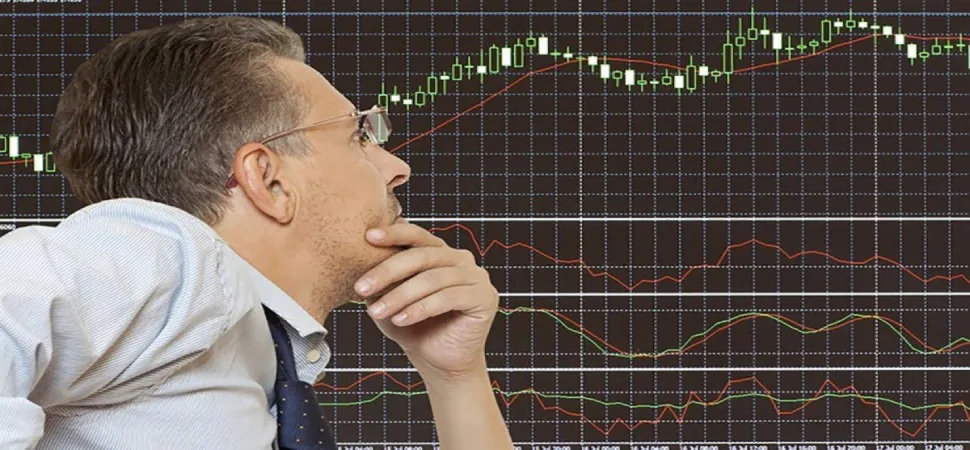12.02.2024
Евгений Лебедев
464

Forex market trading is characterized by increased activity due to major macroeconomic announcements. This reflects a trend across asset classes. However, the magnitude and nature of this impact varies depending on the specific type of announcement and its implications for currencies and equities.
Currencies that are particularly responsive to global or macroeconomic announcements tend to reflect the general condition or challenges facing the entire economy.
Forex traders scrutinize these announcements as they provide critical insight into possible changes in interest rates and monetary policy. Notably, announcements involving active central banks often lead to currency appreciation, while more neutral announcements can trigger a decline in the exchange rate.
Forex traders focus on monitoring key macroeconomic indicators that have a significant impact on interest rate speculation. These include decisions and conferences of central banks such as the Federal Reserve (Fed) and the European Central Bank (ECB).
In addition, indicators such as gross domestic product (GDP), employment statistics, inflation rates and trade balances play a key role. The release of such information is carefully planned and widely disseminated, according to certain schedules. For example, US non-farm payrolls are regularly released on the first Friday of each month at 13:30 (GMT).
In addition to economic data, an important factor affecting Forex market trading is market sentiment, especially with respect to currencies considered safe-haven assets. This category includes gold, silver, the US dollar, the Japanese yen and the Swiss franc. During periods of uncertainty, investors gravitate towards these currencies as a "safe haven" and then withdraw from them once markets stabilize.
Factors affecting market sentiment include stock market returns, volatility levels, national or continental financial tensions, political events, election periods, treaty negotiations and other announcements beyond traditional economic and central bank releases.
Commodity prices also have a significant impact on the foreign exchange market, particularly in countries that are heavily dependent on commodity exports. The currencies of these countries are closely linked to news about the prices of the raw materials they produce.
Supply-side dynamics such as political tensions, wars, terrorism, climate issues, economic sanctions and social upheavals such as strikes can affect commodity prices. In contrast, speculative demand is shaped by a variety of factors, including inventory levels, economic indicators and the overall market outlook.
An important point for traders to realize is that the demand for many commodities, and therefore their prices, are subject to seasonal fluctuations. This seasonality is particularly pronounced in the energy and agricultural sectors, while its impact on metals is comparatively less significant.
Conclusion
A comprehensive understanding of the relationship between macroeconomic announcements, market sentiment and commodity prices is essential to trading the Forex market. You must remain vigilant and constantly adapt your strategies depending on the news releases to avoid large losses.

/ Reviews